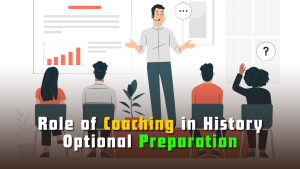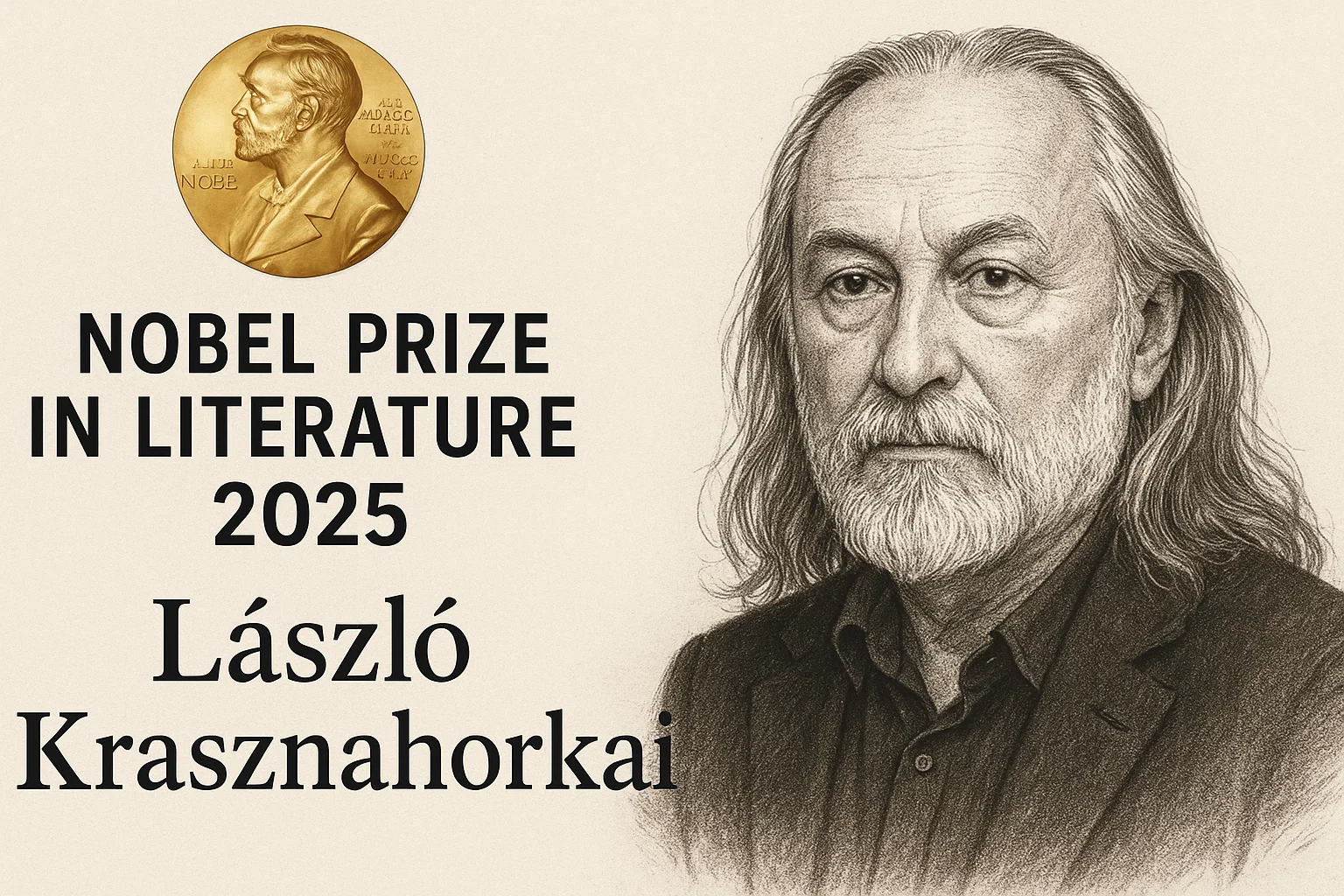World History Booklist for UPSC Mains
Explore the best world history booklist for UPSC Mains, from NCERTs to advanced guides, with syllabus topics, PYQs, and expert preparation tips.

Introduction: Why World History Matters in UPSC Mains
World history forms an integral part of the General Studies Paper I of the UPSC Civil Services Mains Examination. It helps aspirants gain a broader understanding of the global events, revolutions, ideologies, and movements that shaped the modern world. Analysing historical patterns across countries helps in developing a comparative understanding and gives context to current world affairs. World history books for UPSC help aspirants to frame analytical answers with global interconnections. This article presents a detailed list of the best books for World History UPSC, including beginner to advanced-level resources.
UPSC Syllabus for World History (GS Paper I)
The official UPSC syllabus mentions that the world history section will include events from the 18th century such as:
- The Industrial Revolution
- Colonisation and Decolonisation
- World Wars (First and Second)
- Redrawing of National Boundaries
- Political Philosophies such as Capitalism, Socialism, Communism, etc. and their forms and consequences on society
This portion is analytical in nature and does not require rote memorisation but a conceptual understanding of the causes, developments, and consequences of major global events.
Important Topics in World History for UPSC
While preparing from books for world history UPSC, focus on the following high-priority areas:
- American Revolution: Causes, consequences, ideological influence
- French Revolution: Role of Enlightenment, impact on Europe and colonies
- Russian Revolution: Role of Lenin, Bolsheviks, global implications
- Unification of Germany and Italy: Role of Bismarck and Cavour
- Imperialism and Colonialism: Motives, impact on Asia and Africa
- World War I and II: Causes, effects, treaties, role of League of Nations and UN
- Nazism and Fascism: Rise of Hitler and Mussolini, totalitarianism
- Cold War: Bipolar world, alliances (NATO, Warsaw Pact), Cuban Missile Crisis
- Disintegration of USSR and end of Cold War: Reasons and global consequences
- Post-War World Order: Bretton Woods, United Nations, Neo-Colonialism
UPSC CSE Mains PYQs (Previous Year Questions) – World History
Understanding PYQs is essential to grasp the exam’s analytical approach, recurring themes, and the depth of conceptual clarity required. They help aspirants align their preparation with UPSC’s expectations and improve answer-writing skills through real-world framing of historical events.
Here are some important PYQs asked:
- 2013: What policy instruments were deployed to contain the Great Economic Depression?
- 2014: To what extent can Germany be held responsible for causing the two World Wars? Discuss critically.
- 2015: Why did the Industrial Revolution first occur in England?
- 2016: The anti-colonial struggles in West Africa were led by the new elite of Western-educated Africans. Examine.
- 2017: What problems were germane to the decolonisation process of the Malay Peninsula?
- 2018: Why was there a sudden spurt in the formation of regional trade blocs in the 1990s?
- 2019: Explain how the foundation of the modern world was laid by the American and French revolutions.
- 2020: What were the major political, economic, and social developments in the world which motivated the anti-colonial struggle in India?
- 2022: What is the basic tenet of the concept of ‘Global Village’? Elucidate the impact of globalisation on modern society.
- 2023: Bring out the socio-economic effects of the introduction of railways in different countries of the world.
- 2024: How far is it correct to say that the First World War was fought essentially for the preservation of balance of power?
Best World History Books for UPSC (Basic to Advanced)
1. NCERT Books (Foundation)
- Themes in World History (Class XI)
- Offers a basic understanding of ancient to modern world events
- Chapters on Industrial Revolution, colonialism, and cultural exchange are relevant
- Contemporary World History (Old NCERT Class XII)
- Covers 20th-century developments like world wars, decolonisation, and Cold War
- The Story of Civilisation Part 2 by Arjun Dev
- Designed in simple language with conceptual clarity, helpful for Hindi and English medium students
2. Standard and Advanced Books
- Mastering Modern World History by Norman Lowe
- Considered the best book for UPSC world history
- Covers key themes in a comprehensive and structured manner
- Includes maps, timelines, and analytical commentary
- History of Modern World by BV Rao
- Chronological and analytical narration
- Helpful for GS as well as Optional background reading
- History of Modern World by Jain & Mathur
- Traditional academic book, suitable for those with a background in history
- Europe Since 1815 by W.C. Craig
- Useful for understanding political developments in post-Napoleonic Europe
- Europe Since 1870 by James Joll
- Recommended for Cold War, World War II, and ideological conflicts
- Europe Since Napoleon by David Thompson
- Offers detailed historical context with scholarly depth
3. Books by Manikant Singh (The Study IAS)
- World History – From Basic to Advanced Foundation (Hindi and English Medium)
- Structured according to UPSC syllabus
- Lucid explanation and comparative analysis of events
- Comprehensive World History (for Optional)
- Designed for Optional paper but equally useful for GS Mains
- Includes previous year questions and detailed topic-wise coverage
Tips for Studying World History for UPSC
- Start with NCERTs: Build conceptual foundation
- Pick One Standard Reference Book: Preferably Norman Lowe or Manikant Singh
- Make Short Notes: Use tables, timelines, and cause-effect charts
- Understand Ideologies: Link capitalism, socialism, and communism to historical events
- Practice PYQs: Frame answers using keywords like impact, consequences, and ideological shift
- Focus on Map-Based Learning: Geographical awareness improves historical understanding
Conclusion: Building a Worldview for UPSC
Studying world history enables aspirants to form a comprehensive worldview, essential not only for UPSC Mains GS Paper I but also for Essay and Ethics papers. With books like Norman Lowe, Arjun Dev, and The Study IAS By Manikant Singh’s series, aspirants can cover the UPSC syllabus systematically. By combining standard books with NCERTs and PYQs, and practicing answer writing, one can approach this section with confidence.
Subscribe to our Youtube Channel for more Valuable Content – TheStudyias
Download the App to Subscribe to our Courses – Thestudyias
The Source’s Authority and Ownership of the Article is Claimed By THE STUDY IAS BY MANIKANT SINGH





